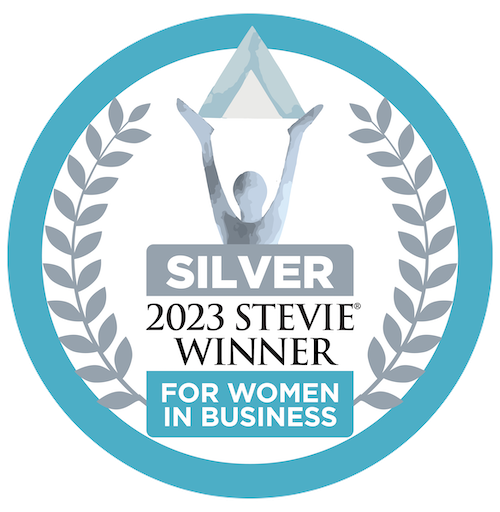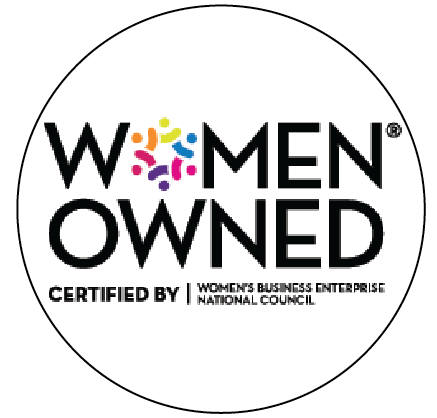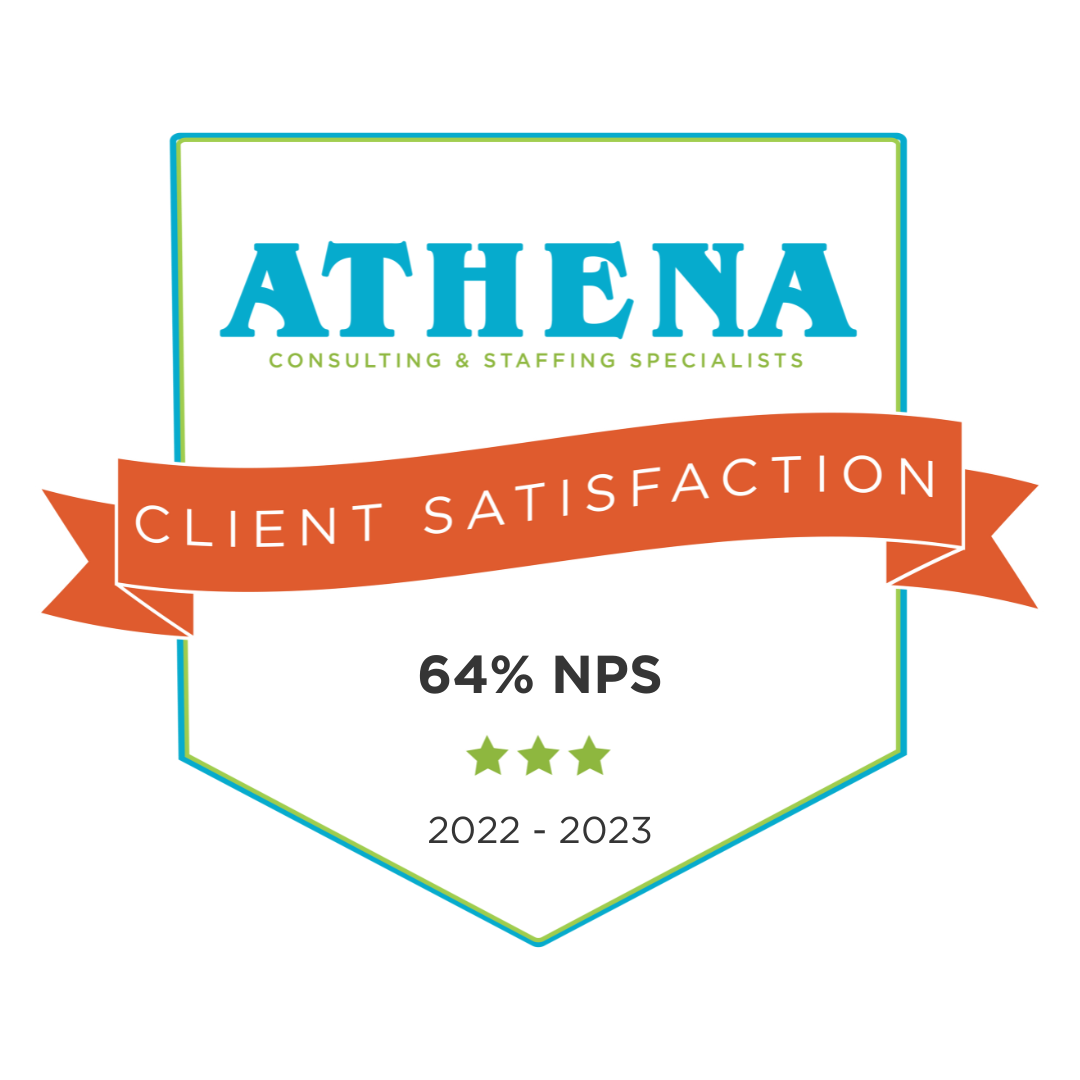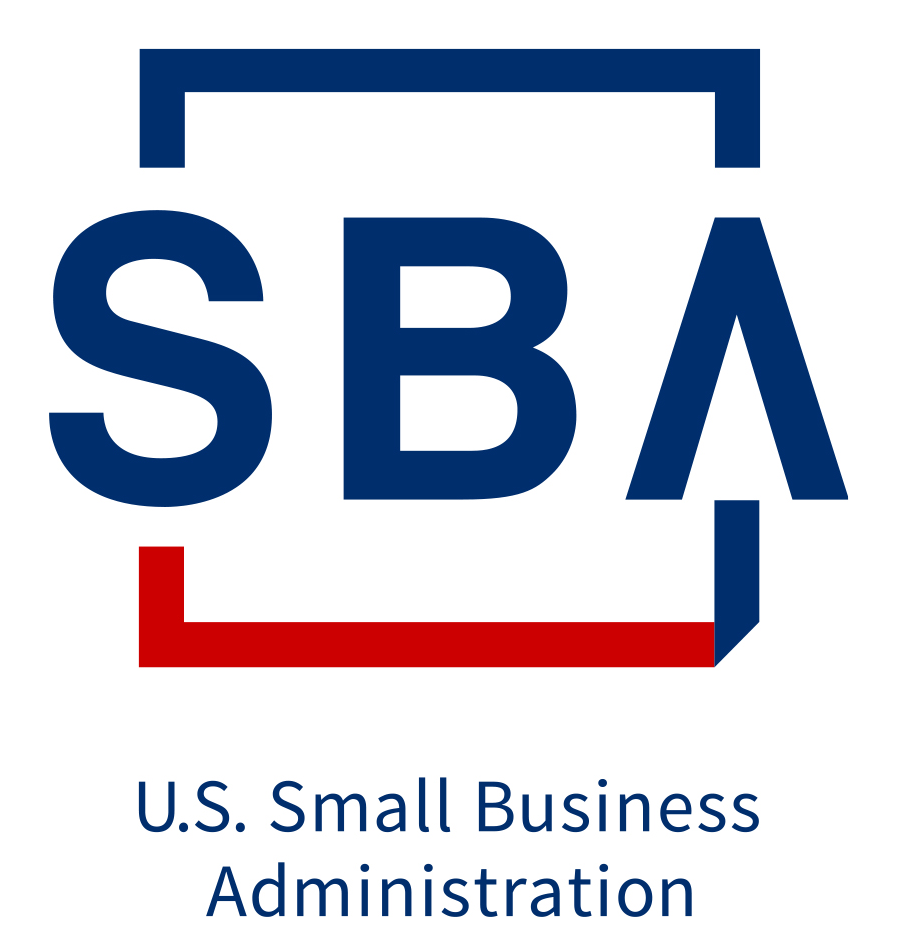In part one of this blog series, we provided job-seekers with resume tips in regard to your objective, your headshot, your email address, your mailing address, and your personal information. In part two, we’ve identified five additional tips that are just as important. Check it out:
Social Media. This is an easy one! Your Twitter, Facebook, and Instagram don’t matter here and in most cases can hurt you more than it could ever help. If it isn’t aligned with your professional brand, stray far away from this idea. Furthermore, you should remove these links to protect your professional brand. Personal and professional don’t mix well! The only social media profile that should be accessible to a prospective employer is your LinkedIn or a site that is similar.
Contact Information. Be sure to make sure you don’t offer your current company email and phone number. You don’t want your job to find out that you’re in search of filling a vacancy elsewhere. Also, be sure that you don’t inadvertently tip your boss off about your job search.
Embedded Tables. This is a big no-no! Staffing firm experts have advised applicants to never use tables or images on their resumes. The reason is, most recruiters use an ATS system, or applicant tracking systems to organize prospective employers’ applications and because of this, tables and images are usually not readable. As a result, your resume will result in an error and in most cases be discarded.
Exaggerant Style. Don’t get ahead of yourself here. The font you use on your resume should always be plain and easy to read. I’d suggest Arial, Calibri, Cambria, Tahoma, Book Antiqua, or Franklin Gothic. Most creatives tend to make this mistake and apply their attitude to their resume. We advise that you save your creativity (that we all love) for your personal online portfolio. Employers still need a version of your resume that can be easily uploaded, reviewed, and stored in their online tracking system.
Buzzwords. While it can be tempting to throw a few cliche words or phrases such as “proactive” and “self-motivated” in the objective of your resume, know that most recruiters aren’t impressed. A survey by CareerBuilder found these words to be among hiring managers’ top 17 resume turn-offs. Instead of telling employers that you’re a “value-add”, use strong action verbs to explain how you were able to improve a process, increase revenue or cut costs.
Please note, these tips are suggestions from hiring managers who excel in business recruitment efforts. For more expert resume advice, you can check out part three. Once you’ve made these changes to your resume, look through our Job Search page for available positions and apply!
<!–







